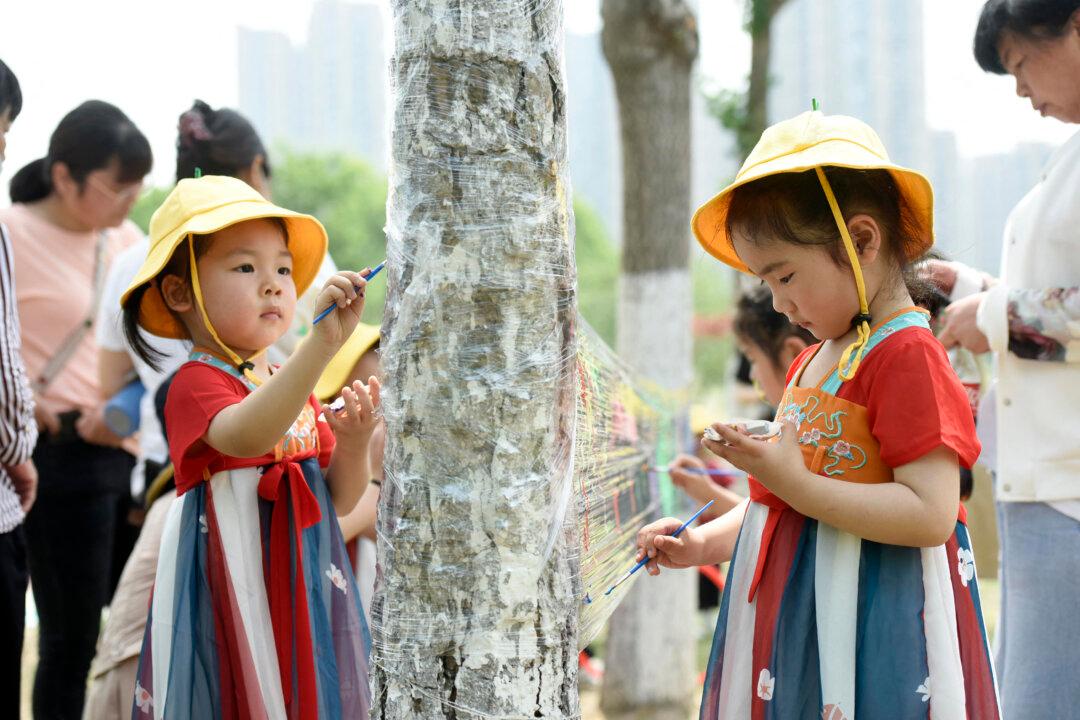Commentary
Last fall, Xi Jinping, leader of the Chinese Communist Party (CCP), announced that Chinese women must have babies, or, as he put it, begin a “new trend of family” in China.

Last fall, Xi Jinping, leader of the Chinese Communist Party (CCP), announced that Chinese women must have babies, or, as he put it, begin a “new trend of family” in China.